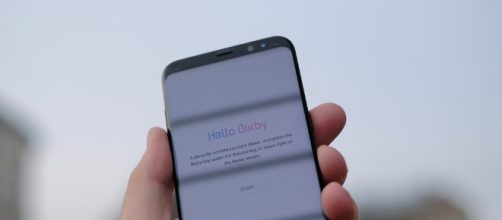It started with Apple’s Siri for the iPhone, and from there, virtual assistants for mobile and other devices took off. Amazon introduced Alexa, Microsoft bundled Cortana with Windows 10, and so many other tech firms followed in their wake. Even Korean electronics manufacturer Samsung jumped on the bandwagon with the company’s assistant named Bixby, which was introduced with their Galaxy S8 smartphone and Note 8 phablet. Its debut earlier this year was okay enough though some Samsung users had an issue with how easy it was to activate Bixby by accident from an incidental touch of the Galaxy S8.
But the latest news is that the Korean manufacturer is ready to introduce a new version of the assistant, just half a year later.
Early new version
On Wednesday, October 18, Samsung announced at a developer’s conference in San Francisco that their Bixby virtual assistant will already get a version 2.0 no more than six months after the original came out with the Galaxy S8. The company’s head of mobile communications DJ Koh elaborated on the new Bixby 2.0 as a more serious competition against Amazon Alexa and Google Assistant for a start. The new version is said to be able to predict the needs of a user regardless of whatever Samsung device he might be using, and will be able to process “natural languages” more competently.
The push for a quick version up of Bixby was realized thanks to Samsung’s recent acquisition of the open-source virtual assistant software Viv, which was created by the original designers of Siri for Apple. Integrating Viv into the Bixby service may just be what the doctor ordered to take a solid step forward. It will also give rise to a dedicated developer kit that Samsung could then send via the beta program to interested partners, who could then think up new ways for Bixby to offer assistance on various compatible devices.
Stumbling start for the original
Bixby was a promising new venture in virtual assistant technology that was hampered by development flaws. When it came out with the Samsung Galaxy S8 in the US back in April, the assistant did not come with voice recognition. Of the total stateside buyers of the S8, the company estimates that only 30 percent have bothered activating Bixby, and there have been no solid figures on how much they even used the service.
While Bixby 2.0 is still a long way off, the not-so-old original version continues to be present in some form or other across Samsung devices and appliances. Their next stop for the virtual assistant is on Samsung TVs in both Korea and the US.


